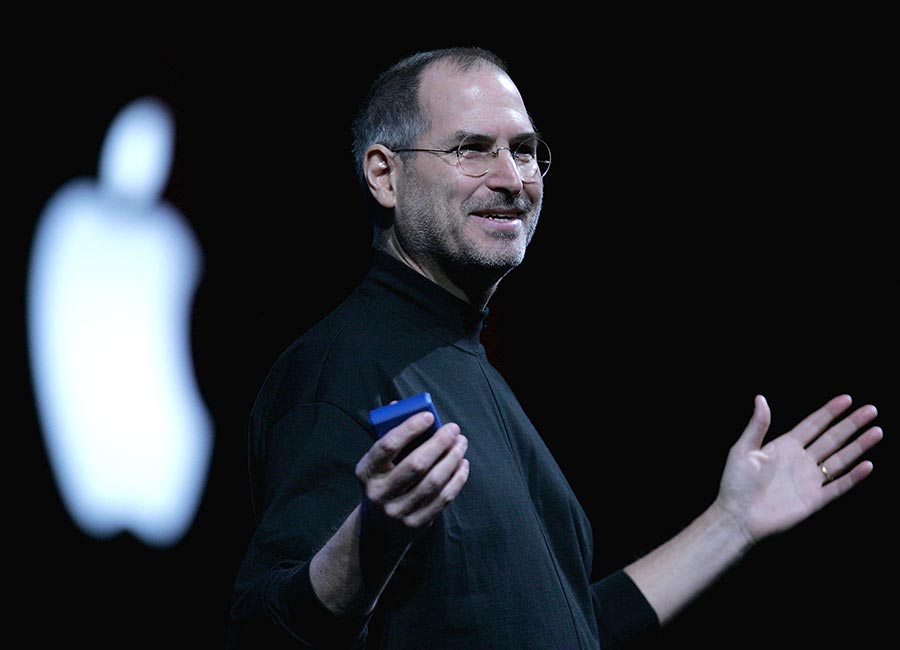In an extract from her book Credible: The Power of Expert Leaders, Amanda Goodall argues being a successful manager requires complete mastery of a business’s core activity
In a cartoon by Will McPhail in The New Yorker in early 2017, a man in an airplane is standing up in his seat facing the other passengers, his hand raised.
“These smug pilots have lost touch with regular passengers like us. Who thinks I should fly the plane?” he asks his fellow travellers.
A dozen or so passengers have their hands raised enthusiastically in the air.
This represents the voice of those who are irritated by the opinions of experts. And there are many.
The managerial class has grown substantially since the 1960s. With it, hand in hand, has emerged a decline in deference to expertise — a lack of respect for experts.
Managerialism, metrics, process bureaucracy, and the rise of general managers are now prevalent in business, education, health care, policing, the military and across government.
But when experts are sacrificed for generalists, things can go wrong.
As we sadly witnessed at the US aerospace company Boeing in the tragic 737 Max aircraft crashes in Indonesia (2018) and Ethiopia (2019), where all passengers and crew lost their lives.
From hospitals to manufacturing and elite sport to high technology, in study after study, I and my co-authors have found that the best organisations in the world are more likely to be led by credible core business experts and specialists.
To be an exceptional leader requires a profound understanding of the business and a mastery of the core activity.
Being able to walk the proverbial walk is critical: simply being a competent general manager is insufficient.
This insight might seem an elementary one. Yet it has become lost in the fashion for generalism.
Teachers in schools, lawyers in law firms, journalists in newspapers, carers in care homes are all core workers, without whom their organization simply could not function.
Core business experts should be running the organization, be present at board level and in middle management.
Other non-core functional areas such as HR, IT, and finance should also be led by experts in each of these domains, supported by adequate knowledge about the industry and the business.
But ultimately they exist to support the core business, not dictate its direction.
Steve Jobs recognised that Apple needed the best experts to become line managers, not the weak or failed technicians who had been pushed sideways into administration.
He wanted people who had “at the tips of their fingertips and in their passion the latest understanding of where technology was and what we could do with that technology”.
Our research shows that successful line managers will know about the technology and what happens deep in their department, because they have worked on it, developed it and created successful products from it; and they understand how best to manage their expert colleagues, because they have performed the complicated tasks themselves, speak the language, and share the hard-won tacit knowledge from working on products such as the Mac computer, the iPod, iPhone, and iTunes.
Jobs also knew something fundamental: it is easier to train an expert to lead than it is to teach a general manager to become a technical expert.
He encouraged experts to manage other experts in their area of specialism, a principle promulgated throughout the organization.
While General Motors followed the mantra of Alfred P. Sloan, their president in the first part of the twentieth century — “We are not in the business of making cars, we are in the business of making money” — their competitor, Toyota, instead concentrated on making great, affordable cars.
Incredibly, at the end of the Second World War Japan’s auto industry was almost completely destroyed.
In 1949 Toyota was on the brink of bankruptcy, and in 1950 it produced only 300 vehicles.
Yet, less than ten years later Toyotas, Hondas, and Datsuns rolled into the US in big numbers, and by 1975 Toyota was the most popular imported car in the United States.
During the 1980s the success of foreign manufacturers began to bite the accountancy-infused, metricobsessed Ford, Chrysler, and GM, who lost out hugely to foreign firms.
Their competitors, headquartered primarily in Germany and Japan, instead focused on engineering and common-sense management.
The senior managers in US auto firms had no knowledge of engineering, and no interest in what happened under the bonnet or ‘at the coal face’, whereas their counterparts at Toyota spent a great deal of time there, at what was called the gemba or ‘real place’, ‘the point where value was created’ — the place the core business happens.
The wheels of organisational performance are oiled by line managers, particularly those who understand the gemba.
Line managers and middle managers make up the bulk of the world’s supervisors.
Bosses matter intensely. In a study with Ben Artz of the University of Wisconsin and Andrew Oswald of Warwick University, we studied 35,000 American and British employees in all kinds of workplaces.
A person’s immediate boss has the largest effect on job satisfaction, which directly influences employee productivity, because happy workers are more productive.
The often-repeated aphorism that ‘people don’t leave bad jobs, they leave bad bosses’ is true more often than not.
Our research has revealed that expert line managers lead by example, motivate employees through shared values and communicate a clear and positive vision.

They empower and encourage their staff in developing their career, and give better feedback about many aspects of doing the job.
Goals are communicated clearly and their teams are consulted about how work can be completed.
Expert bosses engage in innovative thinking, allow more autonomy in working, and importantly, they have happy employees.
The evidence for the power of credible leadership — expert leadership — is compelling. We need to find our way back to common sense.











